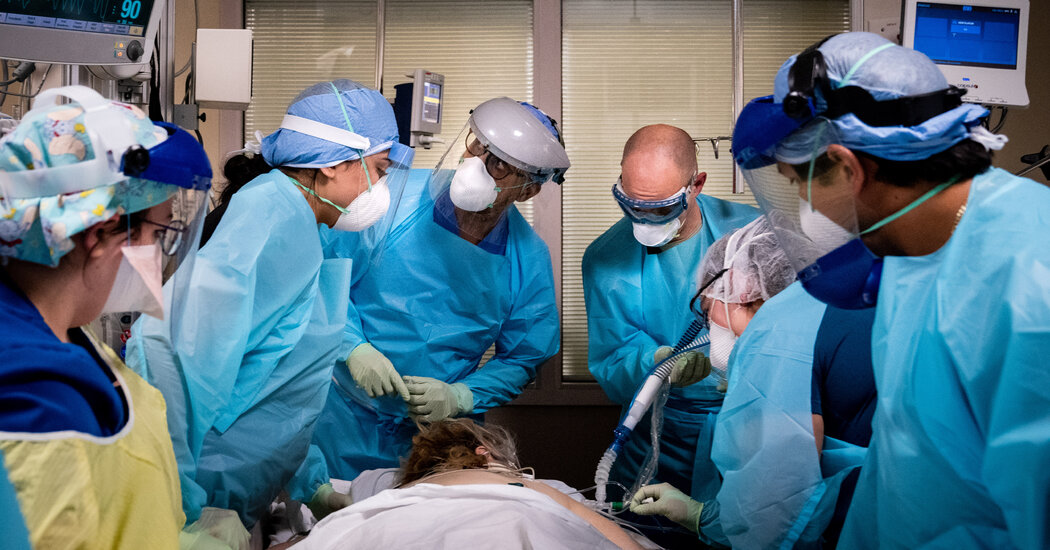Menstrual Cups in Museums? It’s Time.
The hope is to change “what we hold to be of cultural worth and preservation in perpetuity, which is what museums are meant to do,” Millar Fisher said. “I really wish there weren’t so many Fabergé eggs on display, and I wish there were more breast pumps.” She lobbied, unsuccessfully, to get one of the…
Details








